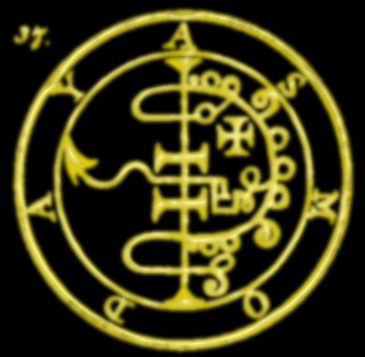This one time I was watching a tiny plum-and-scarlet crab move into a sandcastle and I had this thought about entropy. Entropy is a confusing thing. It’s what people blame when things fall apart. And people are all emotional about how they think about it, because things falling apart is kind of tragic. People we love age and die. Beautiful fragile things get smashed and broken. Sturdier things tarnish and weather.
Sandcastles, for instance, are licked apart by salt winds and the action of the foam-caked waves like a toddler with an ice cream cone. Any inhabiting crab has to perform constant maintenance to keep them up, and, unless the crab is a meticulous and conscientious housekeeper and capable and thorough handycrab, it’s a desperate and ultimately losing battle.
This is the natural order of things, people say. And their argument: “Imagine the action of wind and wave actually constructing a sandcastle. How unlikely is that?”
Unlikely things happen all the time. All the time. That is the natural order of things.
And I thought about it. I looked at my own sandcastle, with its new tenant scoping out the kitchen and planning an island and a total overhaul of the mess I’d made of the cabinets. (After all, building contractors don’t have to live in the houses they make.) I looked down the long, straight strip of brilliant white sand, bounded to the side and above by turquoise, and I saw three or four more.
Four or so billion years ago, probably not a single sandcastle. A few billions of years of wind and water action and some slapped-together chemicals get together and form long, tangly strands and little curious microbes and gummy wobbly colonies and complex organisms with spines and shells and climb out of the water and, a million thumbs and plastic buckets later, sandcastles are inevitable. And there are more and more every year. More elaborate. More durable. Season by season, year by year, there are more sandcastles in existence in any given sun-bright snapshot-second than ever.
That’s pretty much the opposite of what people think of as entropy, but that’s sure as hell the natural order of things.
“But things wind down,” people say. “In a closed system, things turn into waste heat and useless choking dust.”
Yeah, but find me a closed system. If you start with a Big Bang and have it wind down through quark-gluon plasma and hydrogen/helium formation and spiraling accretion of stars and galaxies and galactic clusters, you eventually get the superstar that blew up and left the debris our solar system formed out of, with our modest but shiny new suburban sun and all our charming and quietly unobtrusive planetary neighbors and our wind and our waves and our sandcastles. We wind up on the very ticks of the universe itself winding down.
And things are far from over. Our sun has several billion years left on its clock. There are a zillion lumps of strange bits of matter zipping around out there, headed our way to fall into our well and keep things stirred up. That’s the next wind, the next wave.
And hell, maybe that will knock down our fragile little sandcastle and evict our pearls-and-apron steel-toed house/handycrabs. Maybe we’ll all scurry and run and dig into our burrows until the smoke clears. Maybe we’ll make it and maybe we won’t. But here’s something to think about.
What have the interstellar tides and winds and waves been building out there for the past thirteen billion years? What kinds of sandcastles, and what kinds of crabs?
[*]






